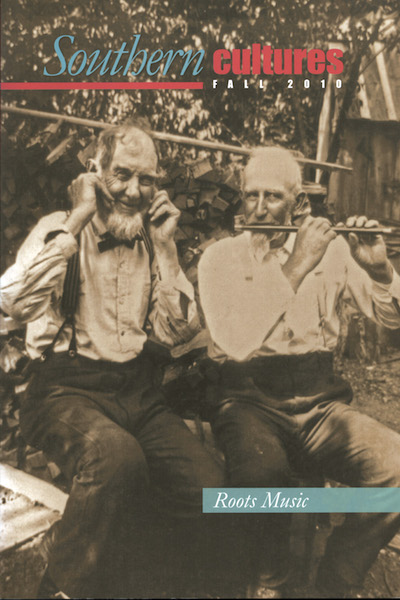“There’s a gang that would travel if you get on a freight train and couldn’t get off. If I’d stayed on there I’d been getting killed.”
A faint odor of bedpan greeted me as I entered the room in the rehabilitation unit of Beverly Hospital in Beverly, Massachusetts. In bed lay the stocky figure of Booker T. Washington White, clad in a white hospital smock. The upper half of the hospital bed had been raised so that Bukka (as the Vocalion record label had dubbed him in 1937) could sit. His wide torso looked even wider in the smock—not the wiry sort of blues icon I had in mind when I called his doctor’s office to ask if he was well enough to have a visitor. White had suffered a stroke a month before while on a flight from Memphis to Boston, where he was scheduled to play a week-long engagement at a small concert club thirty miles north of the city. After spending eight days in the intensive care unit, he had been transferred to the rehabilitation unit on Sunday, July 4. By the time I visited him on Thursday afternoon, July 29—the day before he was to leave the hospital and fly home to Memphis—I was told that he had regained enough strength in his right hand to be able to play some guitar while sitting up in bed.


